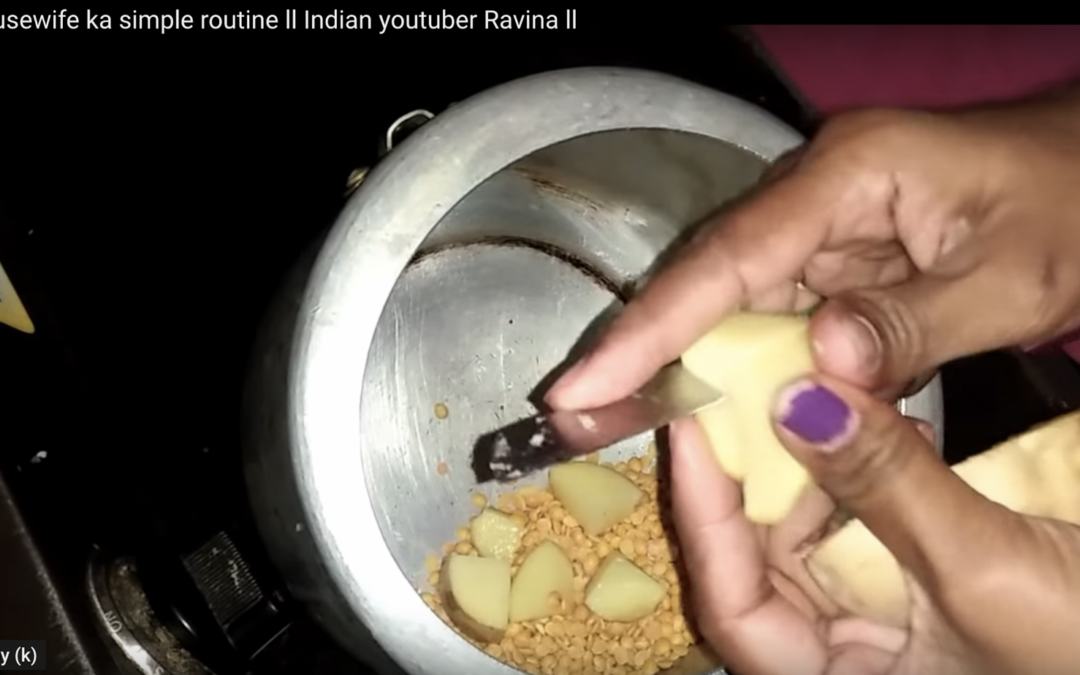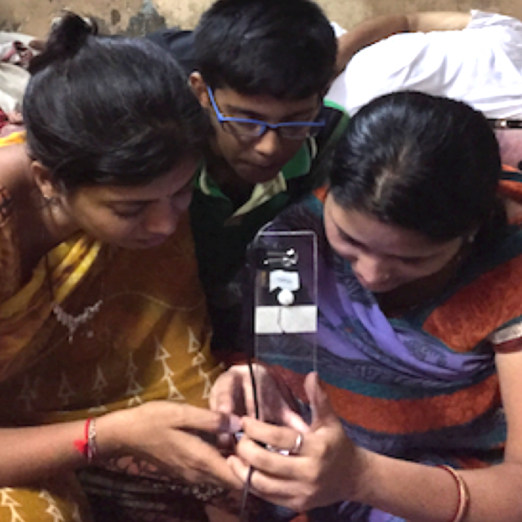The future, of course, is inherently unpredictable. As the EPIC2021 theme Anticipation begins, “There are no future facts. Yet we humans constantly create potential futures.” People create futures when they begin to see alternate possibilities and situations where their decisions—and those of...



